On 26 July, as Richard Parker looked out across the field at Edgbaston, a crisis began to unfold. In Yardley, eight miles from where England were busy securing a crucial test match win over the West Indies, an 18-year-old man in a Hyundai i20 had driven into a tree and died at the scene. He was the third victim of a car crash in the city that week, the 23rd in a year.
That same morning, the campaign group Better Streets for Birmingham (BSFB) had sent Parker, the leader of Birmingham City Council, the cabinet member for transport, the chief constable of West Midlands Police and the police and crime commissioner an open letter stressing the severity of the situation. They wrote: “We are currently at a point where those travelling in the UK’s second city aren’t sure whether they will make it home alive.”
The first four recipients were in attendance at the game. They put their heads together to coordinate a response. The situation seemed to emulate a crisis moment for Parker’s predecessor, Andy Street, almost exactly a year earlier. In 2023, a series of deaths of pedestrians and cyclists led to an outcry. Hundreds of protestors assembled in Kings Heath to demonstrate, there was another demo in Harborne and a vigil in the city centre.
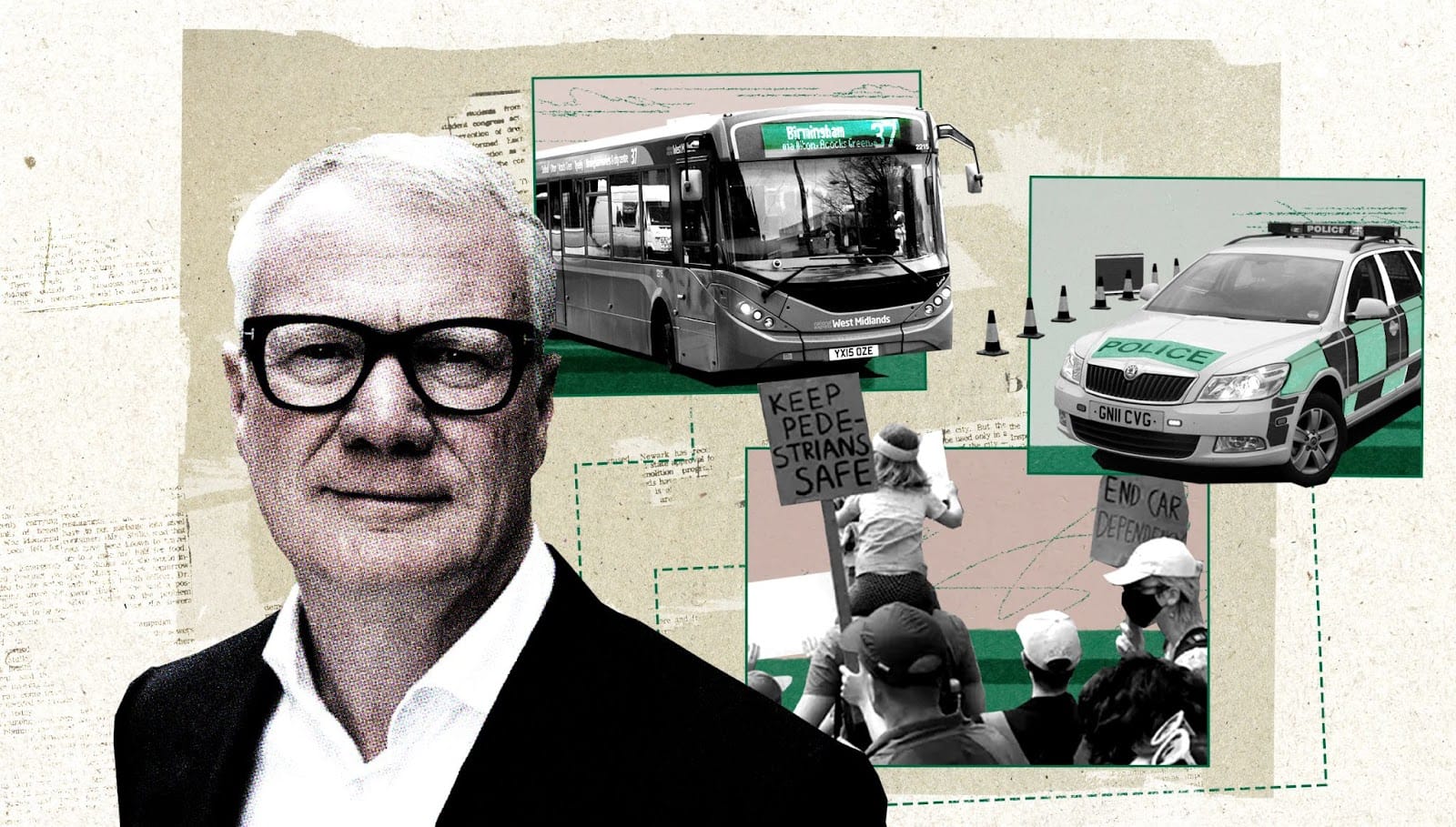
As a result, Street and his colleagues launched a road safety strategy that implemented ‘Vision Zero’ — the aim for zero road deaths by 2040. A year on though, nothing seemed to have changed. In fact, Adam Tranter, the Street-appointed walking and cycling commissioner, had stepped down when his boss was toppled. He hadn’t yet been replaced. “Momentum has tailed off quickly,” wrote BSFB in their letter. Parker seemed to be both on the back foot and needing to pull off a bigger and better response than Street had.
Comparisons between the two men are inevitable. Parker was never meant to win the election in May. Outside of people with a particular interest in the internal hierarchies of accountancy firms (Parker was a partner at PricewaterhouseCoopers, then ran his own business, before making the leap into politics) few would have even known his name. Street was meant to hold on, he was a rare bright light in an otherwise collapsing Tory party. But on a dramatic day at Birmingham’s ICC in May Mr Nobody sent both Street and the last vestiges of Rishi Sunak’s hope of salvaging his government packing.
They say 24 hours is a long time in politics. 100 days then, is a very long time. But what about 110 days? (By the time we get around to chatting it’s more than a week after the 100 milestone). That’s long enough for rumours of disgruntlement to start emanating from the new mayor’s office.
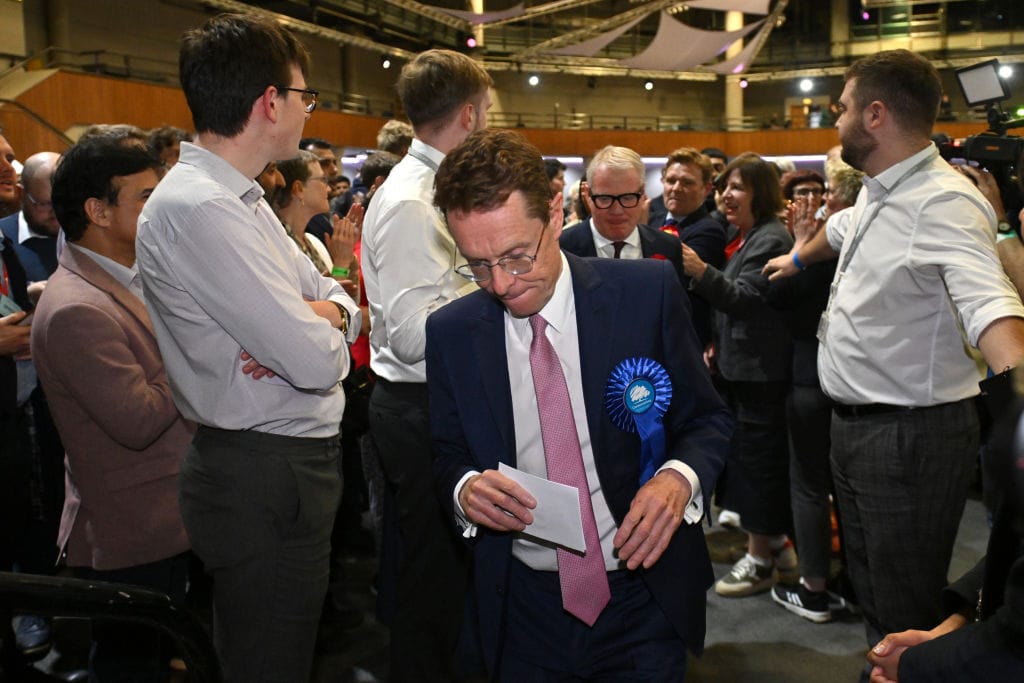
In the days before and after our chat with Parker, we reached out to a handful of figures in the world of West Midlands politics. Some spoke very highly of the new man, praising him for being more collegiate and collaborative in his approach than Street and insisting the latter would be forgotten about within a couple of years. Others, including some staff at WMCA HQ, were much more critical.
Perhaps this isn’t so surprising. Certainly, there was a degree of loyalty to Street. Moreover, sources close to Parker complained to The Dispatch that it felt as though some officers at the WMCA were working against their man, not for him. But not everyone with reservations hails from Street’s circle.
As one Labour figure, who unsurprisingly asks not to be named, tells us: “Richard’s early days have been marked, on the whole, by disinterest. He doesn’t read briefings, doesn’t absorb new information, doesn’t set direction, and goes off on bizarre tangents in meetings with stakeholders. People are noticing.” They add that Parker calling for a review into transport spending by Street is a mistake and he should move on and focus on building his own identity.
They’re not the only ones. The fact that Parker doesn’t yet have an office set up has frustrated some people at the WMCA (who spoke to The Dispatch) and outside of it, for whom the operation is moving far too slowly. The general election has been an unhelpful distraction says one source, compounded by the summer recess almost immediately afterwards.
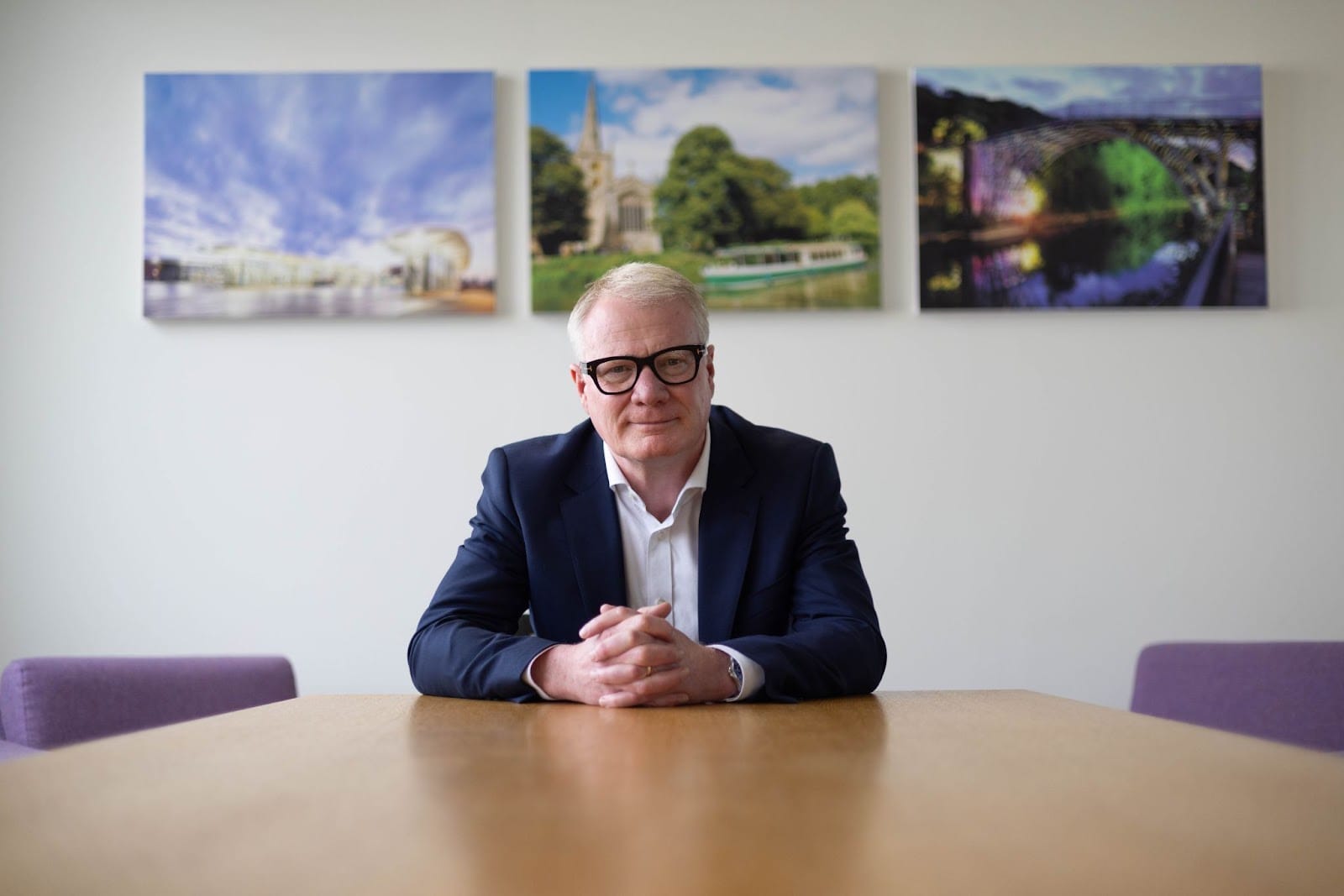
When I speak to Parker over the phone, he couldn’t sound less fazed. The mayor is positively chipper. Still, he admits his first couple of months in the job were tough which he puts down to the general election being called shortly after he got in. “It did prevent me getting on with it, doing some things I want to do here, because of purduh,” he says. “It was a frustration.” Instead, he had to spend much of his time campaigning for the region’s Labour candidates. The Dispatch understands that because Parker has had to embark on the lengthy process of hiring new staff, this could have contributed to the slightly chaotic running of the office.
What Parker has inherited from Street, he recently claimed, is a portfolio of commitments to deliver pie-in-the-sky transport projects with timelines that he says are unfeasible. “I was shocked, and frankly, surprised by what I was faced with when I arrived here,” he tells me, comparing the experience to when the chancellor (and his friend) Rachel Reeves discovered a £20bn budget shortfall when she took over the chancellorship from Jeremy Hunt.
His response has been to call for an independent review of the schemes to determine what needs to be prioritised and what will be delayed. This is much to the dismay of Aldridge-Brownhill’s Tory MP Wendy Morton who had ‘secured’ funding from Street for a new train station that she wanted as soon as possible. Street, needless to say, doesn’t agree with Parker’s assessment, saying he left “an incredible pipeline of funded projects including new rail stations, metro routes, bus improvement measures, and active travel schemes”. Our Labour source is also nonplussed. They tell us Parker should be focusing on making the job his own, not trying to get one over on Street.
The biggest transport project Street wanted to see through was a northern high-speed rail line to replace the HS2 leg between the West Midlands and Manchester that was axed by Rishi Sunak. Street had begun work with Andy Burnham to realise private funding for the route. In doing so, the pair developed a close relationship, one source tells us they spoke on the phone to each other almost daily. “I’d like to know what they were speaking about every day because there’s no one I speak to every day,” Parker says when I tell him this. Asked whether he thinks he and Burnham will develop a similar relationship, he says “I can’t comment,” but confirms he is meeting with Burnham next month to discuss the high-speed plans. He also says Burnham has been giving the WMCA a lot of advice on bus franchising, one of Parker’s key campaign pledges that has been given the green light.
The relationship between the two men is significant. Although they are both Labour politicians, they take different approaches. One of Parker’s selling points has been his close relationship with the Prime Minister and other senior members of government. This means he is less likely to go against the tide of the national party. Burnham, on the other hand, has a reputation as an occasional thorn in Starmer’s side. He is not afraid to publicly challenge the Prime Minister. Street had a similarly combative relationship with his party. The two Andys see the mayoral role as one step removed from parliamentary politics. Parker prefers to toe the party line.
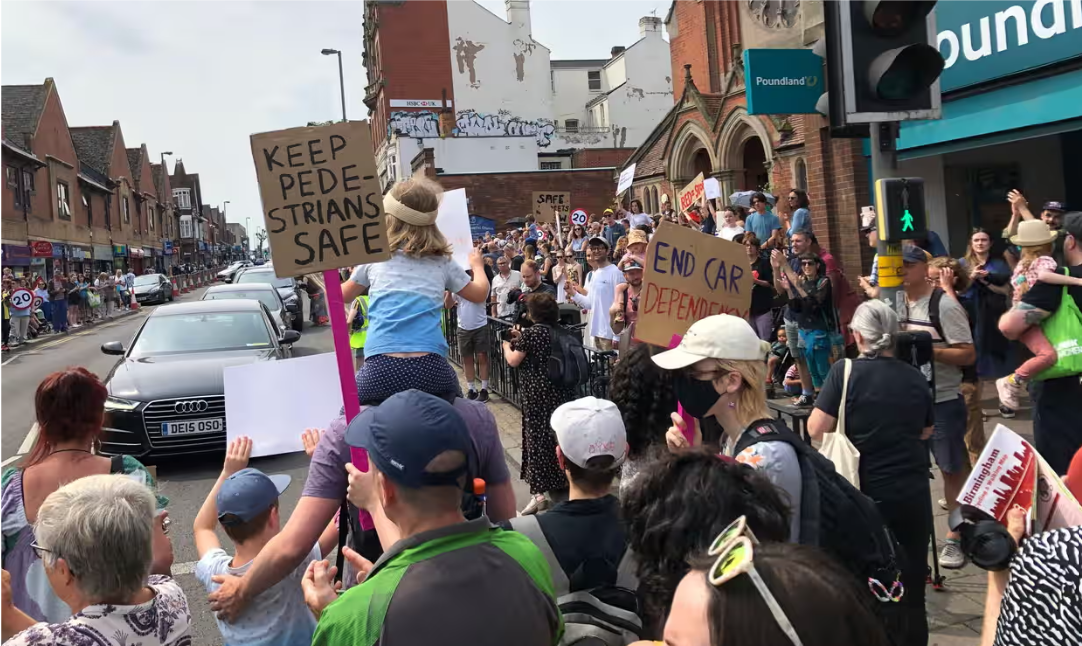
Despite the talk of a chaotic office and the grumblings from inside the WMCA, Parker has his fans. Peter Bingle of public relations firm The Terrapin Group believes “Parker will achieve far more than Street — the new government will help him deliver.” Others think it is much too early to call, especially given that, since he got in, Parker hasn’t been able to enact many of the changes he would have liked to due to the election. A planning consultant tells me: “Richard has spent much of [his first] 100 days waiting for the GE to pass and now has a government equally committed to more social housing which was a pledge in his manifesto.”
The emerging picture suggests Parker’s strength is his pipeline to Westminster, where the new Labour government is expected to be much more favourable to the region than the previous one was. This will be especially reassuring in Birmingham where it is widely assumed Starmer will make an intervention at the city council which is currently being run by Tory-appointed commissioners. A recent report by thinktank Audit Reform Lab called into question the decision to make £300m worth of cuts to services based on an unaudited equal pay bill that could be much lower than expected.
Significantly, Parker went on record to say the report should be given due consideration. He tells me that early next month he will be discussing it with local government minister Jim McMahon. “I'll be talking to him about some of the ways in which I think that the commissioners are approaching this are damaging the city and its residents,” he says.
What is less clear is if Parker will stand up for the region even when his party has other ideas. Street undeniably made the role his own, developing the kind of independent personality the mayoral role was designed for. As our Labour source says, “he was focused on delivery, and held people to high standards”. He had eight years to do that — it’s unfair to expect Parker to do the same in 110 days. But with the general election behind us and the summer recess drawing to a close, more will be expected of him in the coming months.
Near the top of that list is that he gets on with hiring the road safety commissioner he promised last month (he also pledged a replacement walking and cycling commissioner back in May). As for his and his colleagues' response to the Better Streets for Birmingham (BSFB) letter, they have committed to many of the campaigners’ demands. What they haven’t done yet is provide timescales for actions to be taken. As BSFB put it in a post to their X account: “We cannot be in the same place in 12 months.”
An earlier version of this article suggested Parker had committed to calling for a state of emergency on the region’s roads. This isn’t the case and the article has been edited to remove this.
Correction: An earlier version of this article suggested Andy Street’s team were not on the WMCA payroll. This is not the case and that detail has been removed.



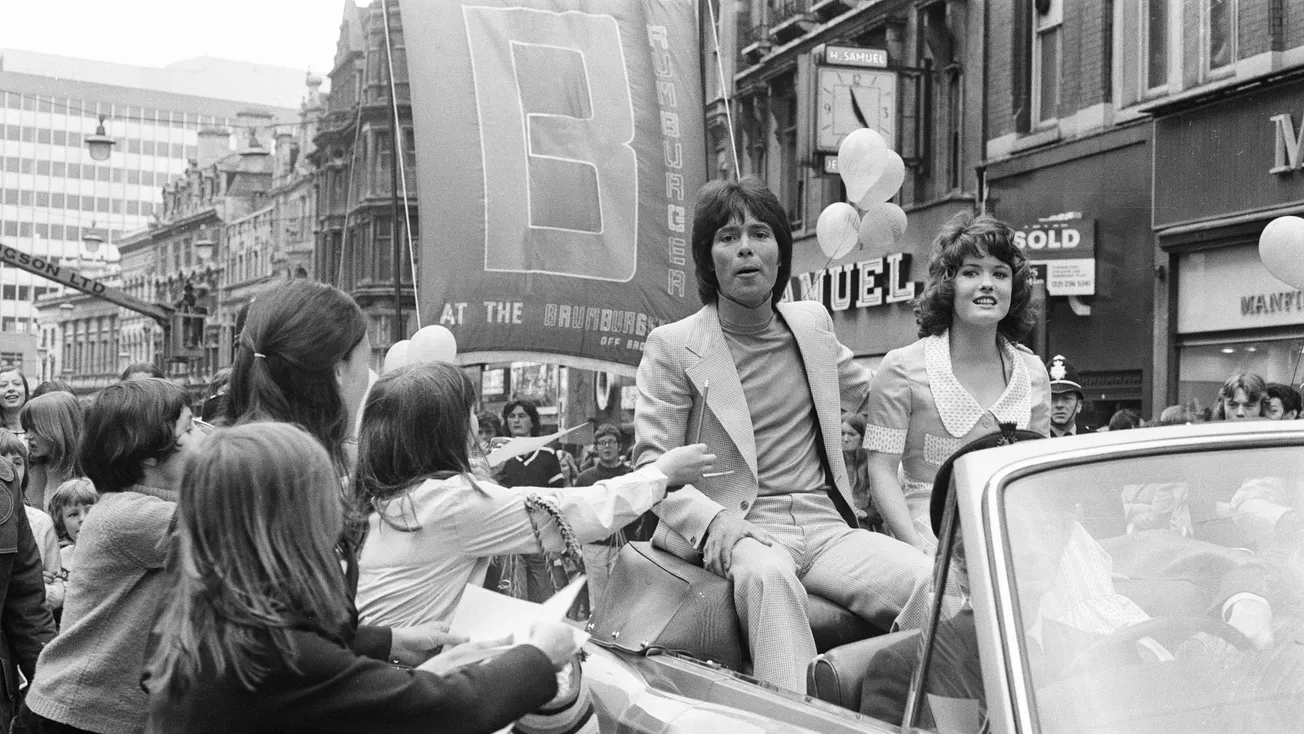
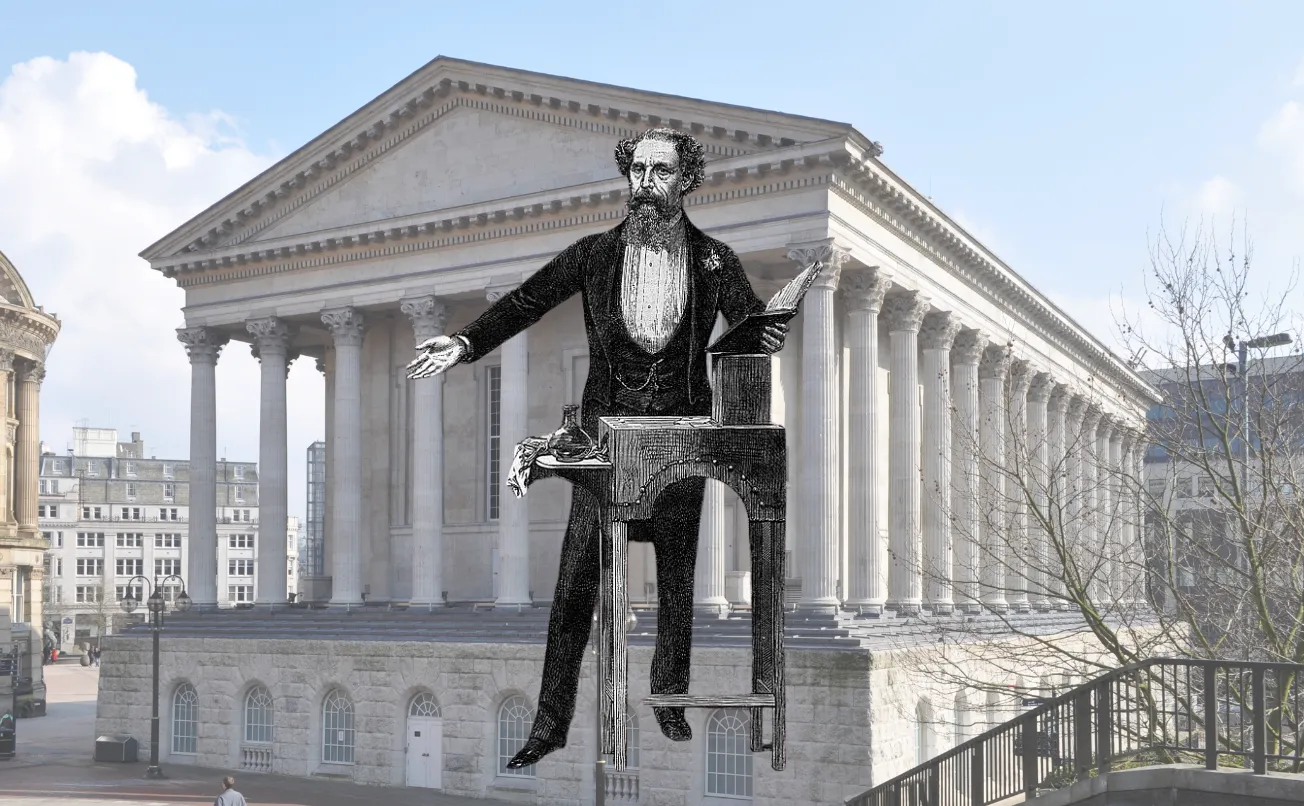



Comments